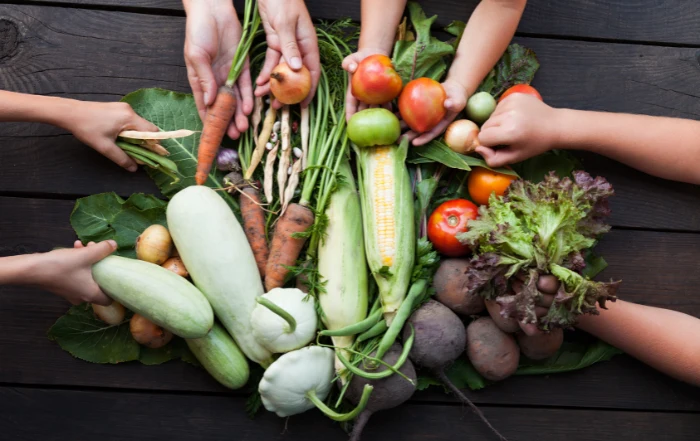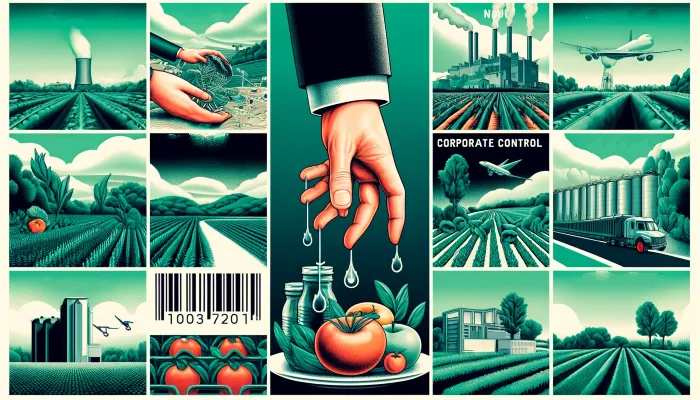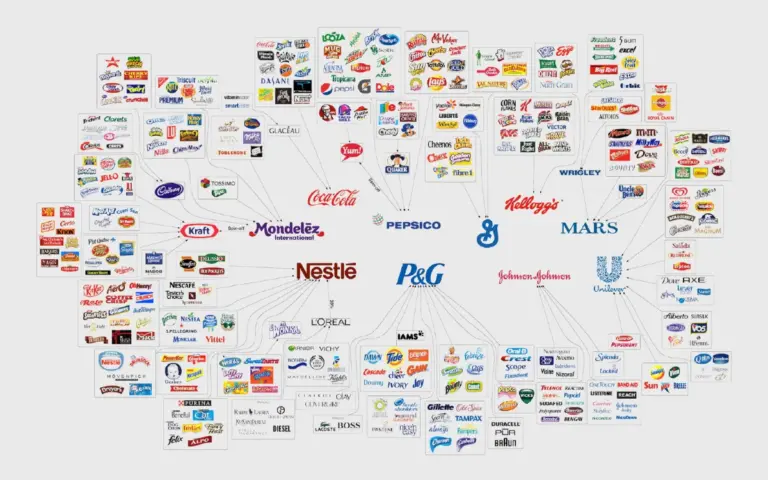As the world grapples with the environmental challenges posed by modern agriculture, sustainable farming approaches have emerged as beacons of hope. These innovative methods prioritize ecological balance, resource conservation, and the well-being of farmers and consumers alike.
In this article, we will embark on a journey through five remarkable sustainable farming approaches: regenerative agriculture, organic agriculture, conservation agriculture, sustainable intensification, and agroecology. Join us as we explore the foundations, benefits, and real-world examples of these transformative practices.
Regenerative Agriculture: Nurturing the Land Back to Life
Regenerative agriculture is an approach that goes beyond sustainability, aiming to restore and enhance the health of ecosystems. By focusing on practices that rebuild soil fertility, promote biodiversity, and sequester carbon, regenerative agriculture strives to create a harmonious relationship between farming and nature. It includes techniques such as cover cropping, rotational grazing, and agroforestry.
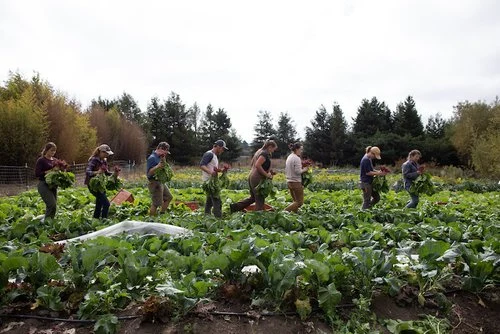
The Singing Frogs Farm in California, USA, utilizes regenerative practices to improve soil health, increase biodiversity, and reduce water usage. By implementing cover cropping and holistic management of livestock, they have witnessed remarkable results, with enhanced soil fertility and thriving ecosystems on their farm.
Organic Agriculture: Nature's Time-Honored Approach
Organic agriculture, a familiar term to many, is a farming method that avoids synthetic pesticides, fertilizers, and genetically modified organisms (GMOs).
Instead, it relies on natural processes, such as composting, crop rotation, and biological pest control, to maintain soil fertility and protect the environment.
The Sekem Initiative in Egypt is a shining example of successful organic agriculture.
Started in the 1970s, it combines biodynamic farming methods with social and cultural development. Today, Sekem’s organic practices support sustainable livelihoods, biodiversity conservation, and community empowerment.
Conservation Agriculture: Cultivating Harmony with Nature
Conservation agriculture focuses on minimizing soil disturbance, preserving soil cover, and practicing diverse crop rotations.
By reducing tillage, conserving water, and promoting soil health, this approach aims to protect natural resources while ensuring sustainable crop production.
In Brazil’s Cerrado region, farmers have adopted conservation agriculture techniques to combat soil erosion and increase productivity. By utilizing no-till farming, implementing cover crops, and adopting precision agriculture technologies, they have achieved improved soil structure, enhanced water retention, and increased yields.
Sustainable Intensification: Balancing Productivity and Environmental Stewardship
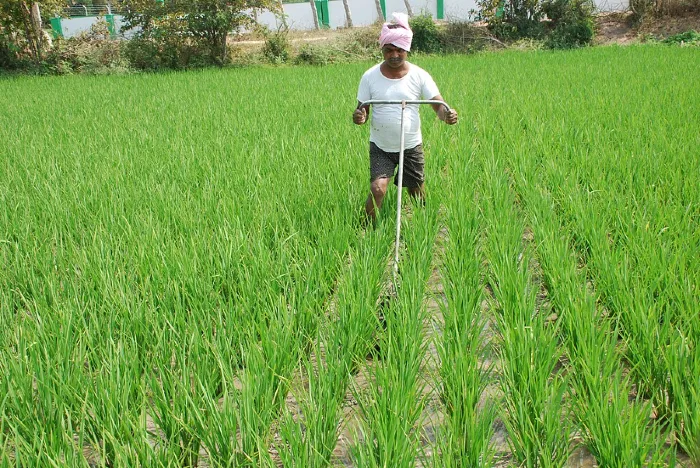
Sustainable intensification aims to maximize agricultural productivity while minimizing negative environmental impacts. It involves employing advanced technologies, precision farming, and efficient resource management to achieve higher yields without compromising long-term sustainability.
The “System of Rice Intensification” (SRI) has revolutionized rice cultivation in many countries. By altering planting techniques, optimizing water and nutrient management, and promoting organic inputs, SRI has significantly increased rice yields while reducing water consumption and greenhouse gas emissions.
Agroecology: Cultivating Harmony and Equity
Agroecology is a holistic approach that combines ecological principles with social and economic considerations. It emphasizes the integration of biodiversity, traditional knowledge, and resilient farming systems to promote food sovereignty, conserve resources, and empower local communities.
The Campesino-to-Campesino movement in Central America showcases the power of agroecology. This farmer-led movement promotes ecological farming practices, seed preservation, and knowledge sharing among small-scale farmers.
By reclaiming traditional wisdom and fostering community-led food systems, they have revitalized local agriculture and enhanced food security.
More To Discover
- Exploring Agrivoltaics: Harnessing Solar Power in Farming for Enhanced Mutually-Beneficial (Maybe) Sustainability
- The Afara Electric Robot Can Boost Cotton Output by 20%
- The 10 Inventions That Grew Our Food Supply & Changed Farming Forever
- The Zero-Energy Ultrathin Film That Can Protect Crops and Slash Food Waste
The path to a sustainable and resilient food system lies in embracing innovative farming approaches that respect nature, nourish communities, and safeguard the planet. From regenerative agriculture’s ecosystem restoration to organic agriculture’s reliance on natural processes, conservation agriculture’s focus on soil health, sustainable intensification’s quest for productivity with sustainability, and agroecology’s holistic integration of ecology and social justice, each approach brings unique benefits and solutions.
By implementing these practices and supporting farmers who champion them, we can collectively cultivate a greener future, where sustainable agriculture thrives and nourishes both people and the planet.











